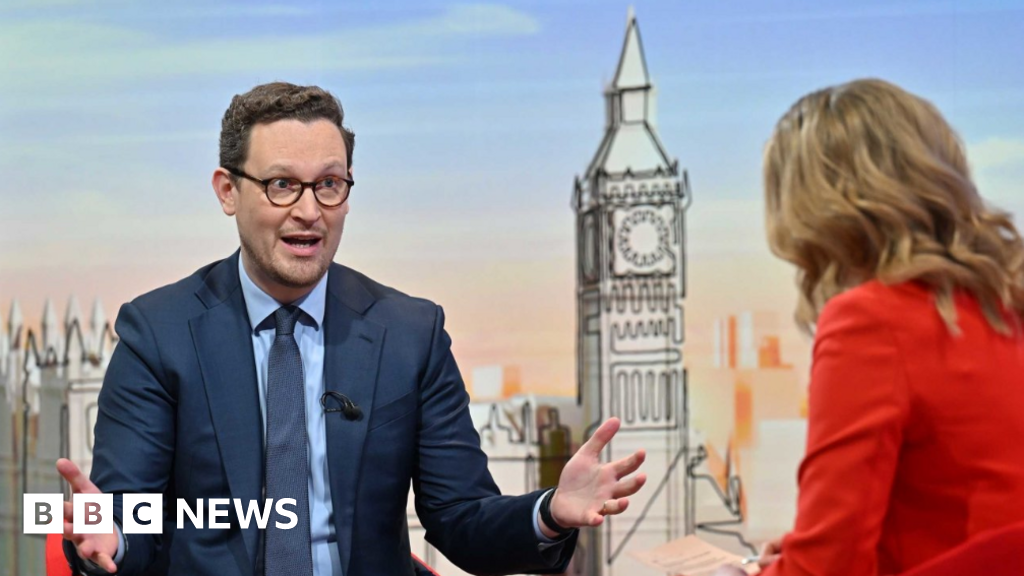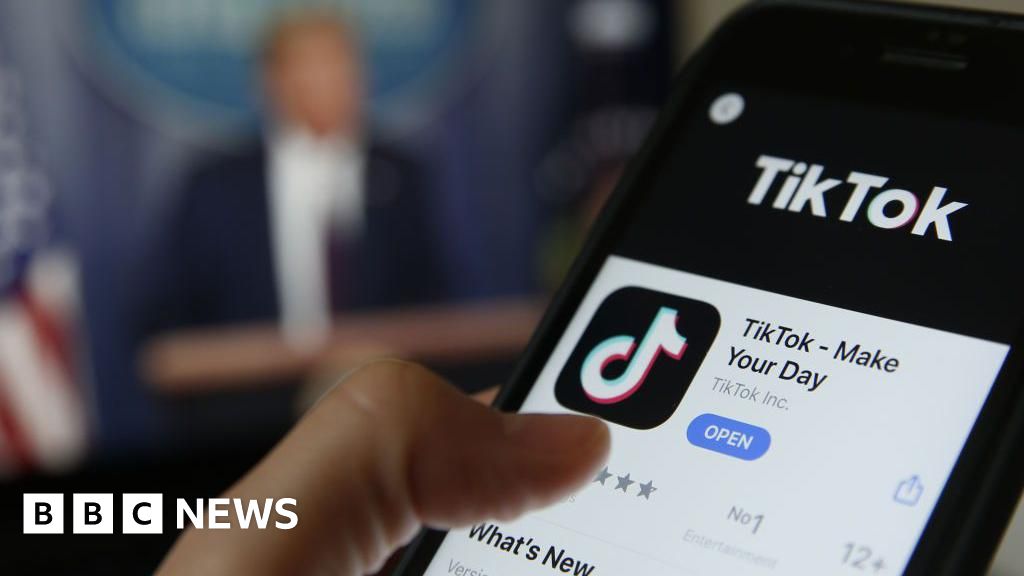ARTICLE AD BOX
 Image source, Getty Images
Image source, Getty Images
Firms are "banging their head against the wall" two years after post-Brexit trading began, a new report suggests.
The British Chambers of Commerce (BCC) said businesses were still grappling with EU trading arrangements and more red tape.
It comes as a separate report from the Centre for European Reform suggests Brexit may have reduced UK trade by around 7%.
But the government said Brexit "opens new opportunities for UK businesses".
The Trade and Cooperation Agreement, which was struck late on Christmas Eve 2020, meant goods and services could still flow between the UK and EU without tariffs after Brexit.
The British Chambers of Commerce (BCC) questioned 1,168 businesses and 514 said they traded overseas or were otherwise affected by the agreement.
More than half of these firms said they were struggling with the new rules which mean they have to deal with new forms, checks or other processes.
One retailer in Ayrshire said leaving the EU "made us uncompetitive with our EU customers". The retailer had to build a base in the EU or it would have lost its EU trade.
"This has cost our business a huge amount of money which could have been invested in the UK had it not been for Brexit," the retailer said.
'Nightmare'
A manufacturer in Dorset, meanwhile, said that even importing parts to fix machines has been a "nightmare".
"Brexit has been the biggest ever imposition of bureaucracy on business," it said.
As businesses face the prospect of a likely recession, the BCC is urging the government to have "an honest dialogue about how we can improve our trading relationship with the EU" and look to reduce red tape even before the deal is reviewed in 2026.
It has made 24 recommendations - including reaching a swift agreement on the future of the Northern Ireland Protocol, the rules governing trading in Ireland.
Political uncertainty surrounding that has, some economists have said, deterred investment in the UK.
Meanwhile, the Centre for European Reform said that changes related to Brexit may have reduced UK trade by as much as 7% this summer - and damaged investment by even more: meaning that UK economic output is 5.5% smaller than it would otherwise have been.
That is a bigger impact than assumed by the government's official forecaster, the Office for Budget Responsibility (OBR), which has said there will be a 4% hit to productivity.
However, in March the OBR predicted that imports and exports would be 15% lower in the long run, and that new trade deals with the rest of the world would not make much difference to trade volumes.
Businesses that trade across the UK's borders have faced a triple whammy in the last few years: pandemic-related lockdowns around the world, a cost of living crisis heightened by the fallout from the war in Ukraine, and a change in trading arrangements with our biggest partner, the EU. Disentangling the impact of Brexit has been tricky.
But the report from the BCC underlines that the extra formalities, including paperwork and checks, are posing costly problems for some companies.
An earlier study from researchers at the London School of Economics found that the range of goods of exports being sent to the EU has shrunk, suggesting perhaps that the extra red tape may have deterred some smaller companies from exporting altogether.
It also claimed that cost of food from the EU has risen faster than that from elsewhere, bumping up grocery bills.
Economists disagree about the economic effects of Brexit.
But most would agree that the UK has failed to realise overall economic gains from leaving the EU - not yet, anyway.
Trade effects
John Springfield, deputy director of the Centre for European Reform, said that in the second quarter of 2022, Brexit meant the economy was £33bn smaller than it would have been had the UK voted to remain.
He added that Brexit's effect in stifling the economy meant the government had to raise taxes to find an extra £40bn to fund public services.
Other economists dispute these numbers, saying that the pandemic and the cost of living crisis, heightened by the fallout from the war in Ukraine, has made assessing the impact of Brexit problematic.
The government said that the Brexit trading deal was "the world's largest zero tariff, zero quota free trade deal".
A spokesperson said the deal "opens new opportunities for UK businesses across the globe".
"Despite difficult global economic headwinds, UK-EU trade is rebounding, with recent data showing that UK trade to both EU and non-EU countries is above pre-Covid levels," the spokesperson added.
Th government said it had "provided exporters with practical support" with post-Brexit trading arrangements.
"We've also removed 400 trade barriers across 70 countries in the past two years, removed tariffs on £30bn worth of goods and cut £1bn business costs arising from current retained EU law," the spokesperson added.

 2 years ago
24
2 years ago
24








 English (US) ·
English (US) ·